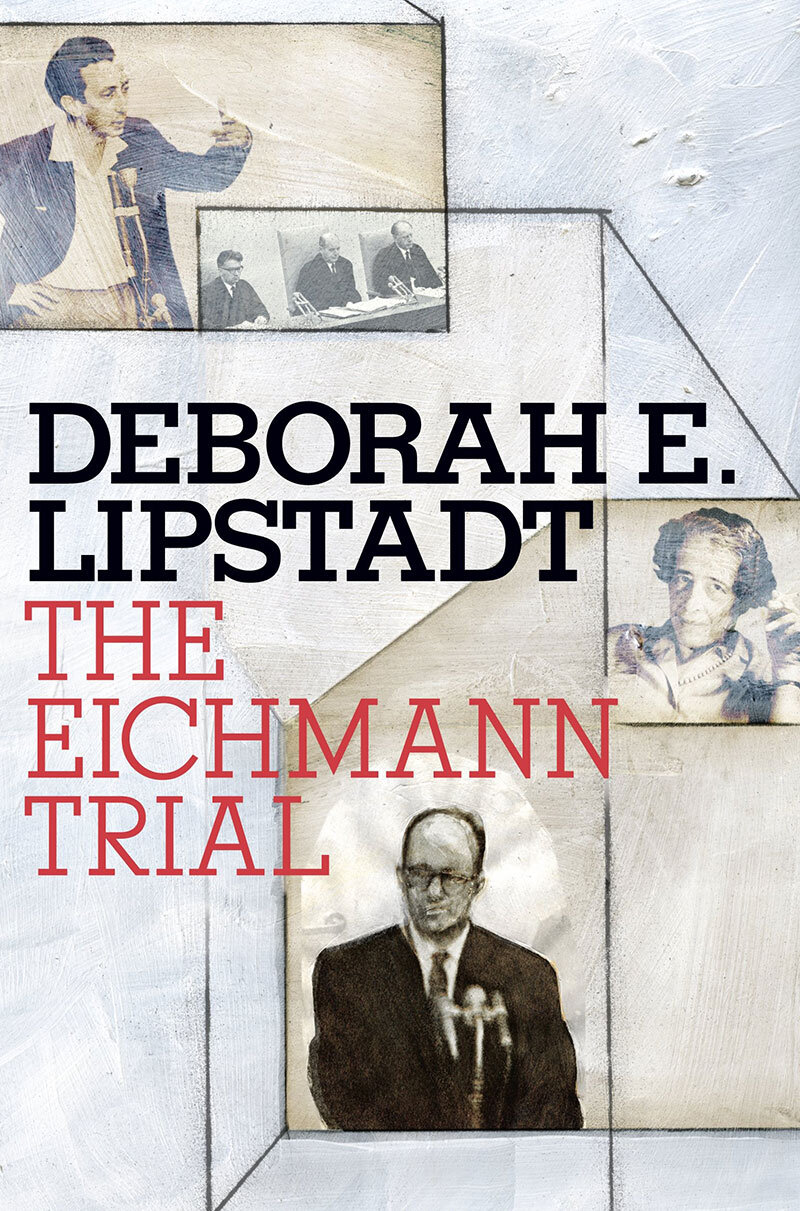“The Eichmann Trial” by Deborah Lipstadt
The Eichmann Trial
By Deborah E. Lipstadt
2011
272 pages / 6 hours and 48 minutes
Nonfiction
—
For those of my generation the O.J. Simpson trial was surely the trial of the century. A murder trial of a celebrated athlete and one of the most famous men in America on national TV day after day after day was real reality TV. The trial revealed deep racial fissures running through American life as opinions on Simpson’s guilt or innocence divided almost entirely along racial lines. For a previous generation the trial of the century was that of the accused kidnapper and murderer of the Lindbergh baby, which also had racial overtones along a different line. But then there is this trial – like no other – that may be the real trial of the century.
Celebrated historian Deborah Lipstadt has written what will probably be the definitive book on this spectacle, The Eichmann Trial. Those familiar with the event will know that there are two stories to be told here. The first has to do with the trial itself, which took place in 1961, and the events which led up to it.
Here’s a quick outline of the story. The Israeli Secret Service located and kidnapped Nazi fugitive Adolf Eichmann from Argentina and secretly spirited him out of the country. They put him on trial in Israel for mass murder, convicted him, and hanged him. Much of world opinion condemned the Israelis for the capture and then the show trial. Eichmann was accused of being (and in fact was) a central figure in the Holocaust. His defense was essentially the same old tired, “I was just following orders.”
But the trial centered on the victims and the survivors who testified to what happened. After the war the world had to reckon with what had taken place. Until this trial the extent and horror of the attempted genocide of European Jews, which we now take for granted, was hardly well-known to the general public. But after the survivors’ testimonies it was on the front page of every newspaper in the world for weeks as the trial proceeded.
But I mentioned earlier that there were two stories. The second story has to do with the interpretation of the trial given by Hannah Arendt in her book Eichmann in Jerusalem. She was there for part of the trial although it now appears, not all of it. Her book concludes with one of the more famous phrases in 20th-century literature as she refers to “the banality of evil.” That is, for her it was even more disturbing how diminished and small Eichmann appeared. She saw him not as a monster but as a petty bureaucrat. She concluded that evil is indeed banal.
Lipstadt respects Arendt but takes her on. She argues that Eichmann was not just a little man following orders but a convinced Nazi and anti-Semite committed to the program of genocide. In her view, this evil is not so banal.
It is a short book and an absolutely gripping story, but of course beyond the tale of Secret Service derring-do there is a history of unspeakable pain. I strongly recommend this account of the real trial of the century.








